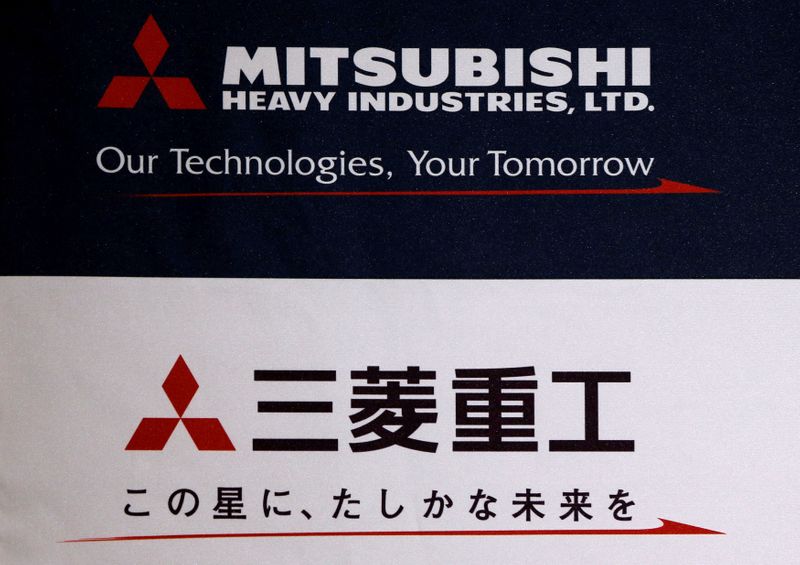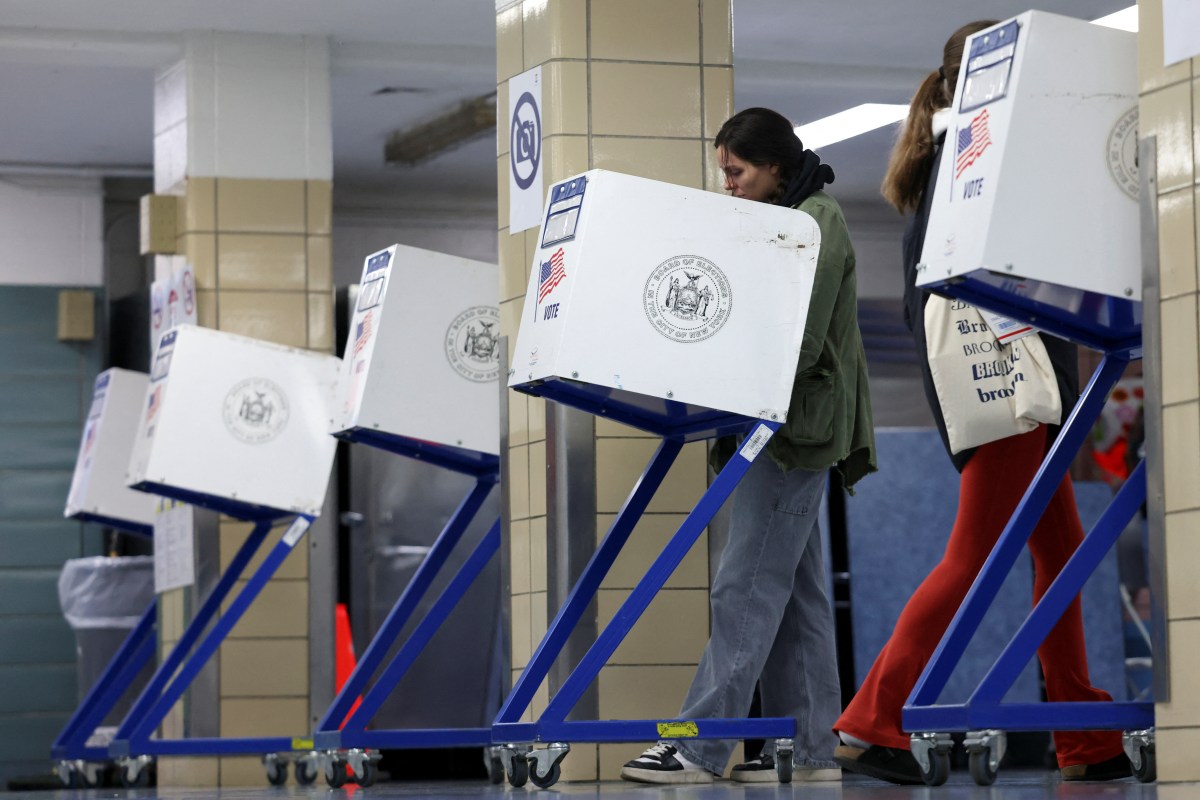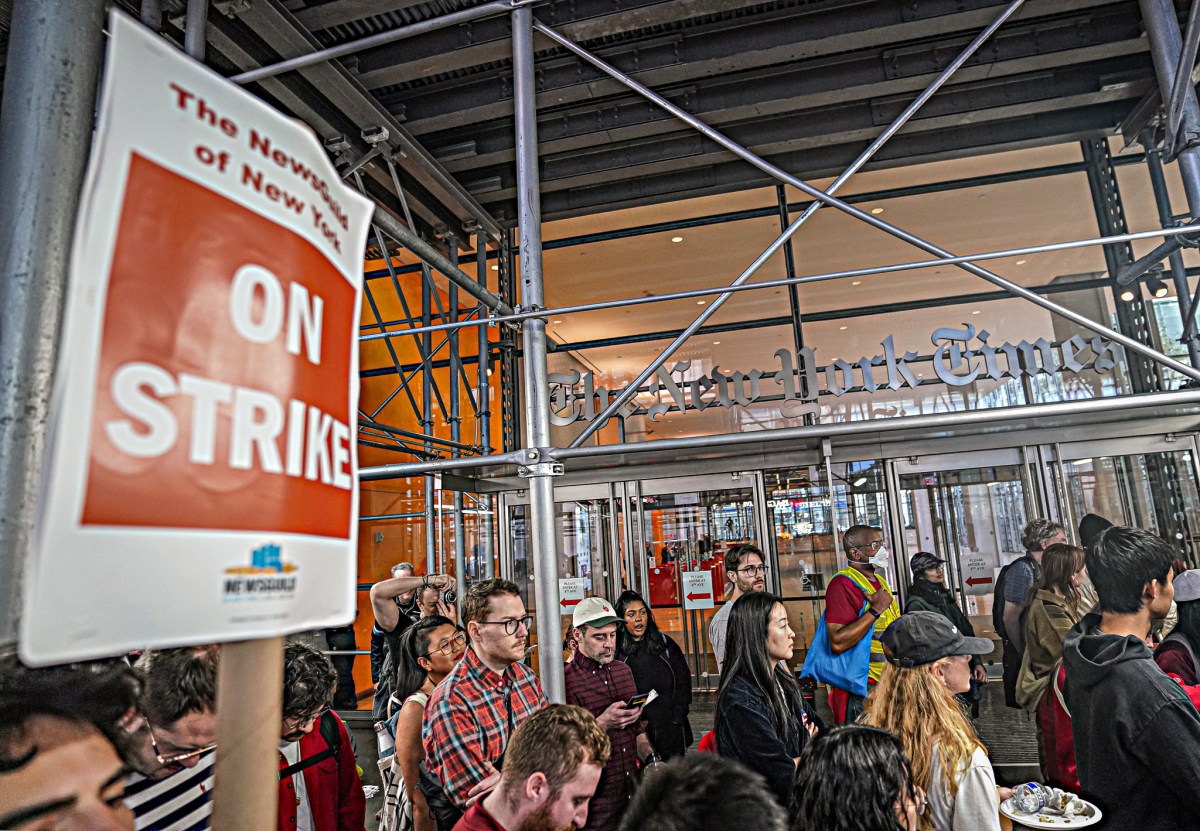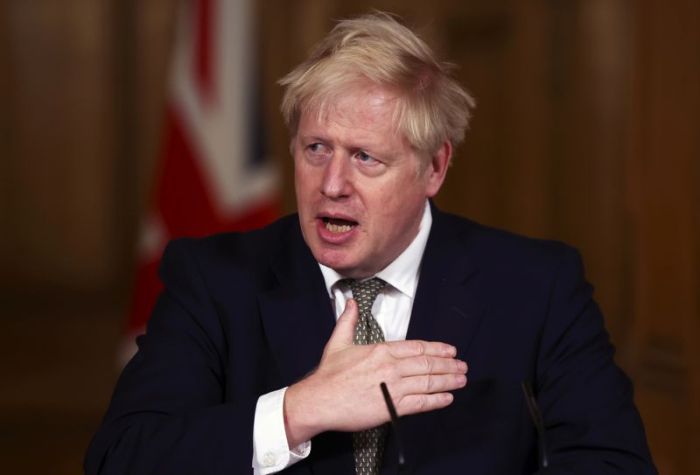TOKYO (Reuters) – Mitsubishi Heavy Industries <7011.T> will freeze development of its SpaceJet regional jet as the COVID-19 pandemic squeezes finances and erodes prospects for Japan’s first passenger aircraft in half a century, two sources said.
The sources with knowledge of the decision told Reuters that the plan would be announced along with a medium-term business plan on Oct. 30. They declined to be identified because the plan is not yet public.
Mitsubishi Heavy said in a statement it was considering various options for the SpaceJet but that it had not decided to freeze development. It will announce plans for the SpaceJet along with its group business plan on Oct. 30, the company said.
Shares of Mitsubishi Heavy rose more than 4% in early trade on Friday.
Coronavirus travel curbs around the world have forced airlines to shrink operations to survive. The industry crisis means carriers have little money to buy planes that they may have to keep on the ground until the pandemic ends and demand revives.
The regional jet’s launch customer, ANA Holdings <9202.T> is borrowing heavily and cutting costs in a bid to weather the crisis. While it has seen some rebound in domestic demand helped by government travel subsidies, international travel is still a fraction of what it was before the outbreak.
Japan’s biggest carrier will likely post a 500 billion yen ($4.77 billion) net loss in the year ending March 31, a source told Reuters on Wednesday.
MHI’s pullback from the SpaceJet program comes after Japan’s biggest aerospace company in March halved its annual budget for its development and suspended plans for a possible variant seen as key to winning orders from U.S. airlines.
A key supplier to commercial aircraft makers Boeing Co <BA.N>, and Airbus SE <AIR.PA>, MHI, with Japanese government encouragement, started the SpaceJet program in a bid to establish itself as a global commercial plane maker. The development, however, was plagued by technical problems that forced it to delay its first delivery to ANA six times from 2013 to the end of March 2022.
($1 = 104.7600 yen)
(Reporting by Tim Kelly and Maki Shiraki; Additional reporting by Chris Gallagher; Writing by Chang-Ran Kim; Editing by Emelia Sithole-Matarise and Christopher Cushing)

























